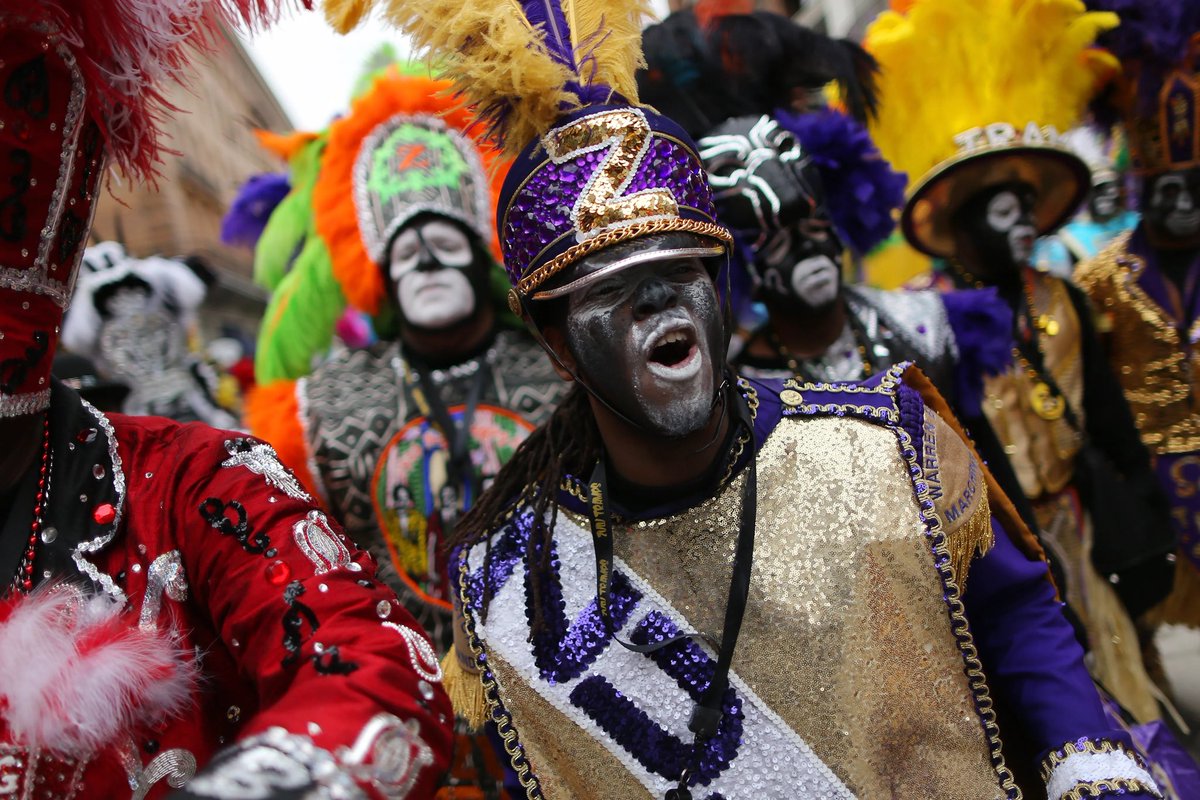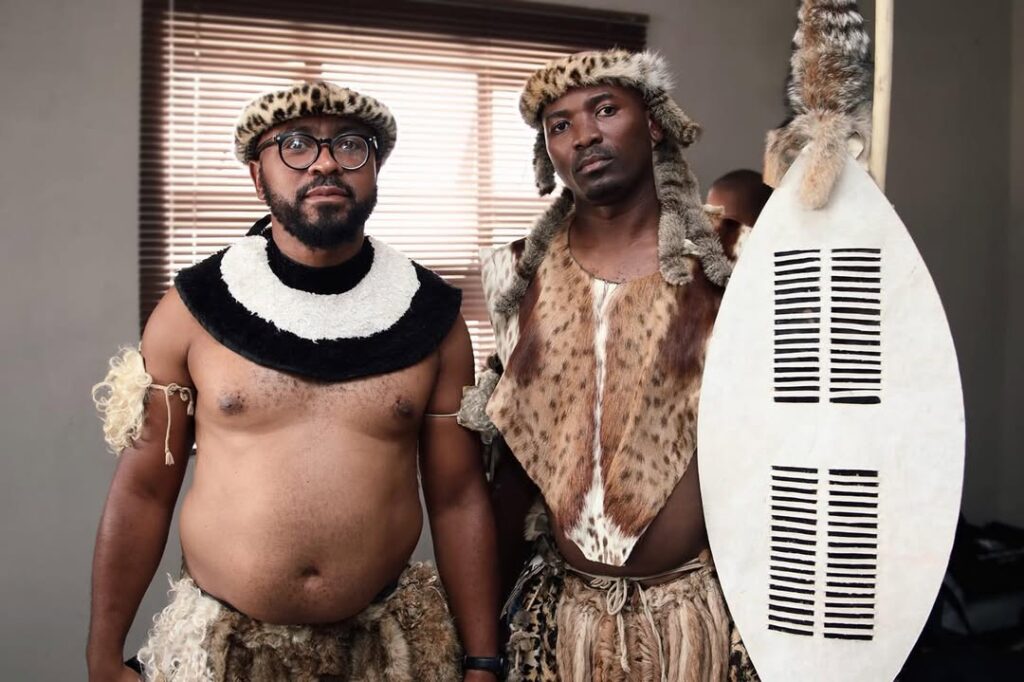
Dear African Zulu Parade: There’s Nothing Zulu About What’s Been Happening In New Orleans
As a Zulu person living in KwaZulu-Natal, the official headquarters of everything related to Zulu life, among other staunch practitioners of amasiko (traditional practices) and isintu (culture), I can say with unequivocal confidence that nothing about the African Zulu parade in New Orleans reflects the essence of the Zulu nation, let alone the experience of being umZulu. And while the primary argument from Black Americans has either been that the parade pays homage to us or that it’s their New Orlean-inspired interpretation of what it is to be Zulu, it is altogether insulting – and unacceptable at best – that there is a diaspora social media war fuelled by the desires of incorrigible Black Americans who refuse to be educated about what being Zulu means and what it looks like by actual Zulu people who are the life and blood of the nation.
When I first stumbled upon a video of the “African Zulu Parade”, I was quite confused as to what I was looking at because it looked much like the Cape Minstrel, which only made the branding of the entire spectacle even more hollow because of the supposed inspiration behind it. After diving deeper, I unearthed some other pieces of information concerning this event, and that it has been around for more than a century and was established as something of a get-together of Americans who called themselves the Zulus, as inspired by our people. The naming of the club seems to be more of a tribute. I suppose, if I extend undue grace to let the obtuseness slide, the club paying homage to a well-recognised nation worldwide in the way they’ve been doing in Madi Gras can be excused.
What cannot be excused, however, is dismissing disgruntled Zulu people and South Africans in general and insulting them when they call out the carnival.

African Zulu Parade Participants | SUPPLIED
It makes no sense whatsoever for a minstrel that purports to pay tribute to the Zulu nation to have not even a single element that authentically represents Zulu people and the culture. Where are the men wearing leopard-skinned tops and amabheshu? What about umblaselo, at least, and umqhele? Where are the women wearing imvunulo? Why wasn’t inherently Zulu fashion incorporated to pair suitably with the name they adopted for the club? Instead of jumping around and cavorting in the streets in those gauche clothing, these items could’ve perfectly incapsulated the essence of being Zulu, even if only through fashion. After all, parades are a visual spectacle.
And what in the world is “Zulu war paint”?
Maybe a concession could be made for all this misunderstanding. Perhaps when the club was established, they were simply winging it from what they knew of Zulu people at the time. But then again, the hard-hearted hearts of Black Americans defending this parade seems to be a microcosmic representation of the wholistic attitude: We are right, and if you are offended, you can go fly a kite. We don’t care anyway.
This flippant rhetoric is particularly dangerous because it’s the most obvious symptom of the colonially-darkened Black mind which is trained to view Africa almost as a curious specimen rather than a place brimming over with vibrant people, diverse cultures, innumerable nations, and age-old practices which are still observed to this day. To the Americans defending this event, it means nothing and in their eyes we are just overreacting. But what they do not understand is that espousing the name of an actual nation and using it as a spectacle is not too far from what white colonialists did when they pillaged lands in Africa, taking ceremonial masks back to Europe to display them in glass cases in museums. Their mode might not be extreme, but the gaslighting is up there. We asked that the Zulu nation be respected, and the responses have been exactly like how colonial apologists have defend the injustice that comes with misappropriating what belongs to a culture they know nothing about.

Traditional Zulu wear | SUPPLIED
Our nation still exists. We have clothes that reflect our identity, attire which was worn by our ancestors. Our people still speak the language. Zulu people aren’t some extinct token. We are also quite educated enough to know when we are being insulted, because we know what blackface is. At this point, after seeing how much the apologists of this carnival have arrogated the right to tell Zulu people what and what not to feel, I see no difference between the Black Americans at the forefront of this discourse and the white racists – who are white supremacist advocates – they fight so much. There is an element of superiority complex and the afrophobia that is strong even in Hollywood movies and their portrayals of Africa. And it’s all over this carnival.
From a Zulu person, please stop. Nothing about this thing represents us. And it will be better for everyone if those who are advocates for this to repent and adopt teachable hearts. There is a lot to learn, especially when those willing to teach you are living what they are teaching and are also open-hearted enough to let the insults slide so that this can be a teachable moment.


